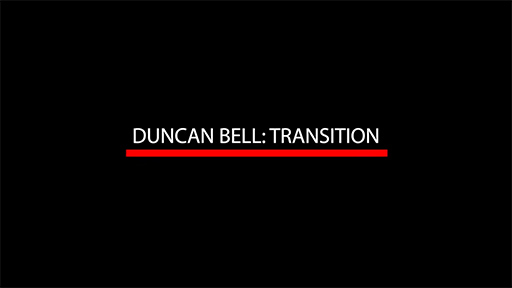5 Preparation and support
Several of the athletes you have met so far, such as Alex Scott in Activity 1, have alluded to preparation and support being closely associated with more positive transitions. As you may remember from the athletic career transition model (Alfermann and Stambulova, 2007) in Session 1, support can be a form of intervention. Put simply, if an athlete is prepared and supported they are likely to cope and experience a much smoother transition. You have already seen that non-normative transitions (e.g. injury) are often more psychologically challenging than normative transitions (e.g. developmental changes in level) as they are not planned for.
Preparation coupled with the right support allows the individual to develop coping strategies to deal with the impending transition (Park et al., 2013). In the next activity you will hear from former England rugby player Duncan Bell who talks about what can happen when you don’t prepare or have the right support network in place.
Activity 5 Feeling alone
Watch the video below where former England and Bath rugby player Duncan Bell reflects on his retirement. As you watch, consider what other athletes could learn from Duncan’s experience.

Transcript: Video 4
[MUSIC PLAYING]
Discussion
Duncan’s story is far from unique with many retired athletes having quite negative experiences. Duncan reflects on how he felt isolated at this point in his life, losing the support of his wife as he went through a divorce and also reporting that he didn’t feel he could reach out for support.
A key point for athletes to learn is that they should ensure they ask for support and forge relationships and networks while they are still playing as this can help the transition process.
In this course, you will see many references to people who may ‘support athletes’. This support is not just provided by coaches, but can also come from parents, friends, family members or indeed fellow athletes.
The support mentioned by Duncan in the last activity can be highly tangible such as the recruitment consultant he mentioned or perhaps a sport psychologist or performance lifestyle advisor. The importance of developing a more far reaching support network outside of sport is something supported by Warriner and Lavallee (2008). They concluded that the negative impact of losing relationships that were based in sport can be mediated if social circles are developed outside of sport. In turn this can facilitate a more positive adjustment to life outside sport. Another important point raised in the activity was how often athletes don’t feel comfortable asking for support, suggesting there is still a stigma attached to it (Brown et al., 2018). You will look at the importance of preparation more in Session 3.
